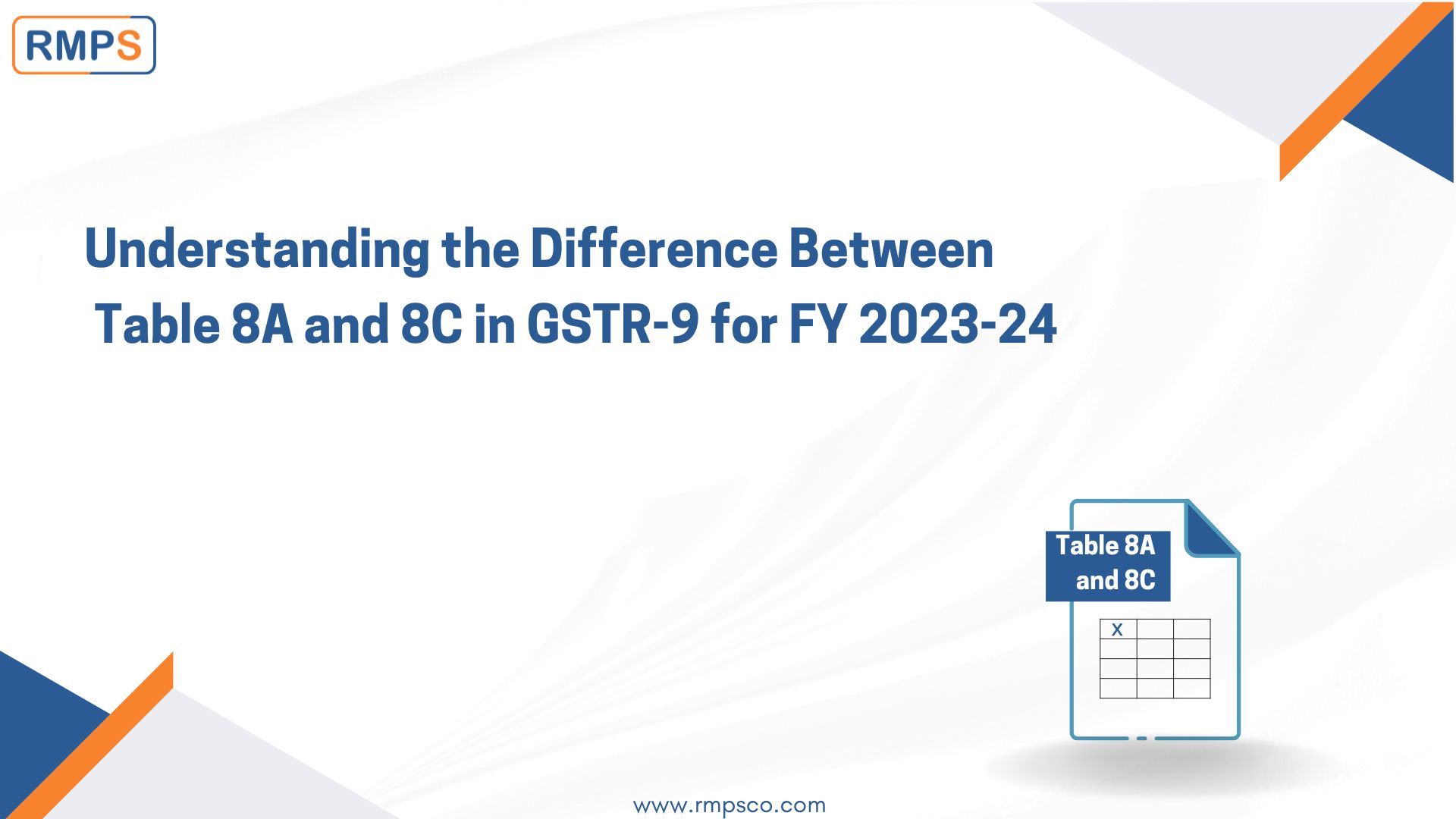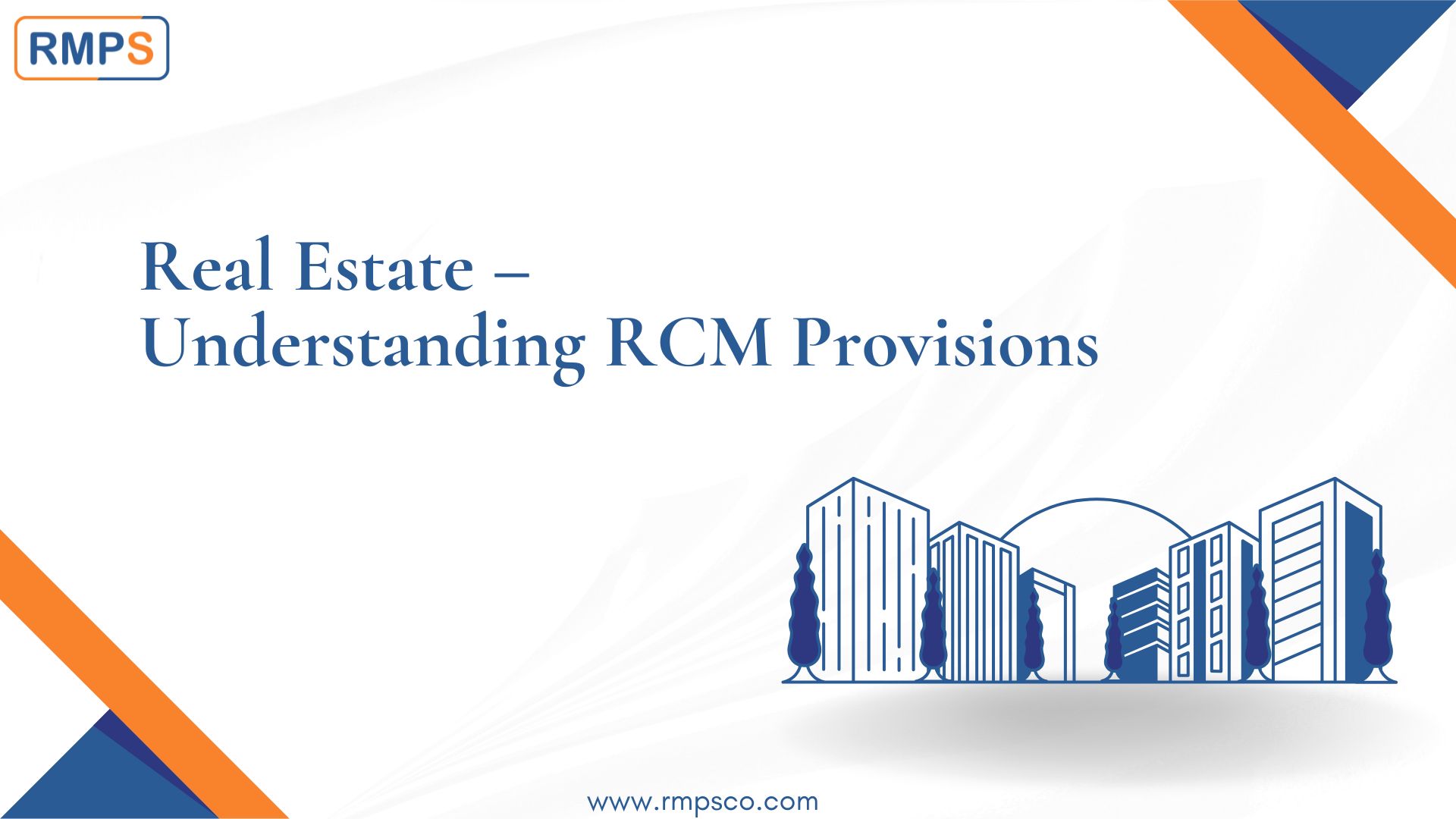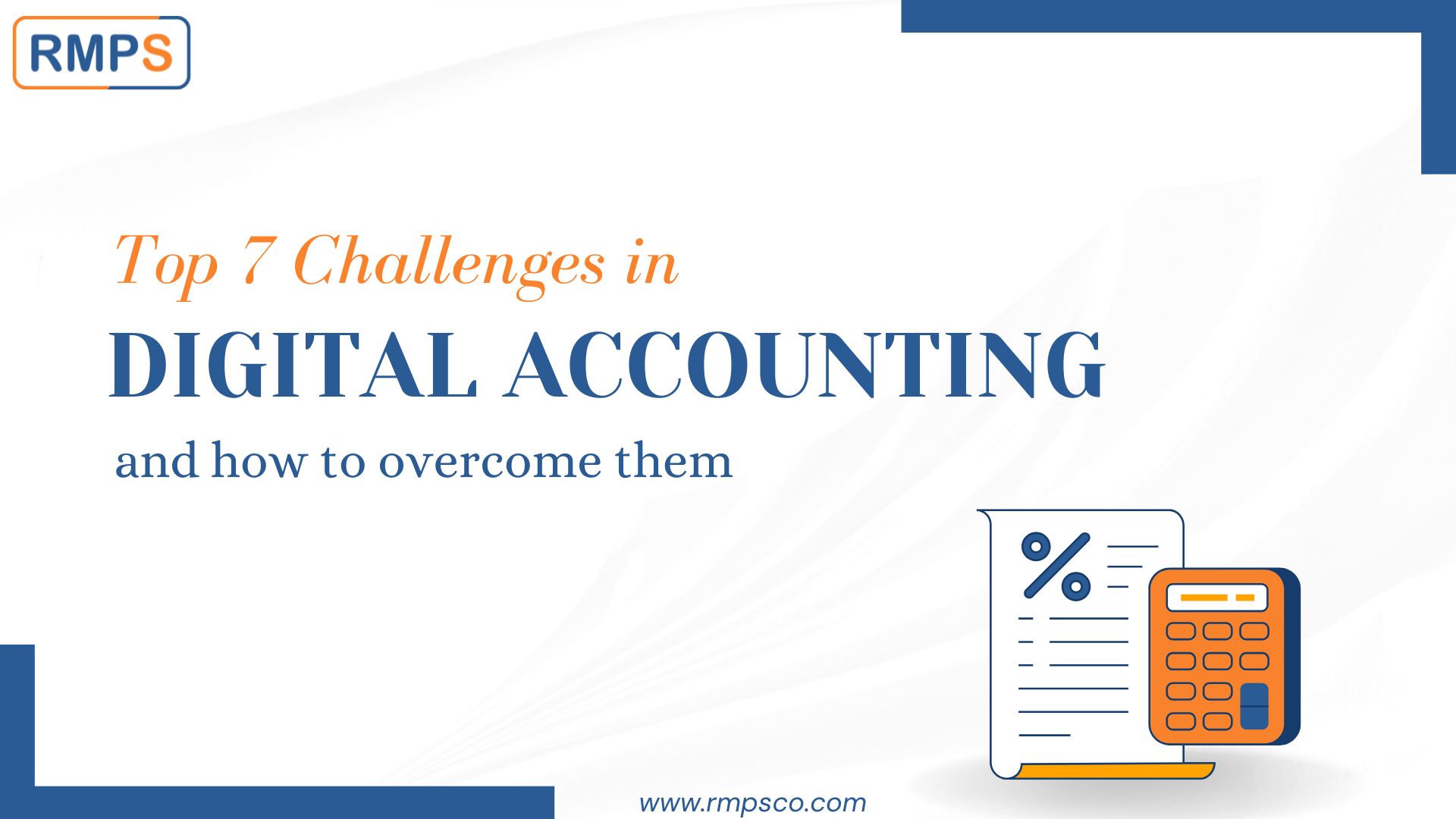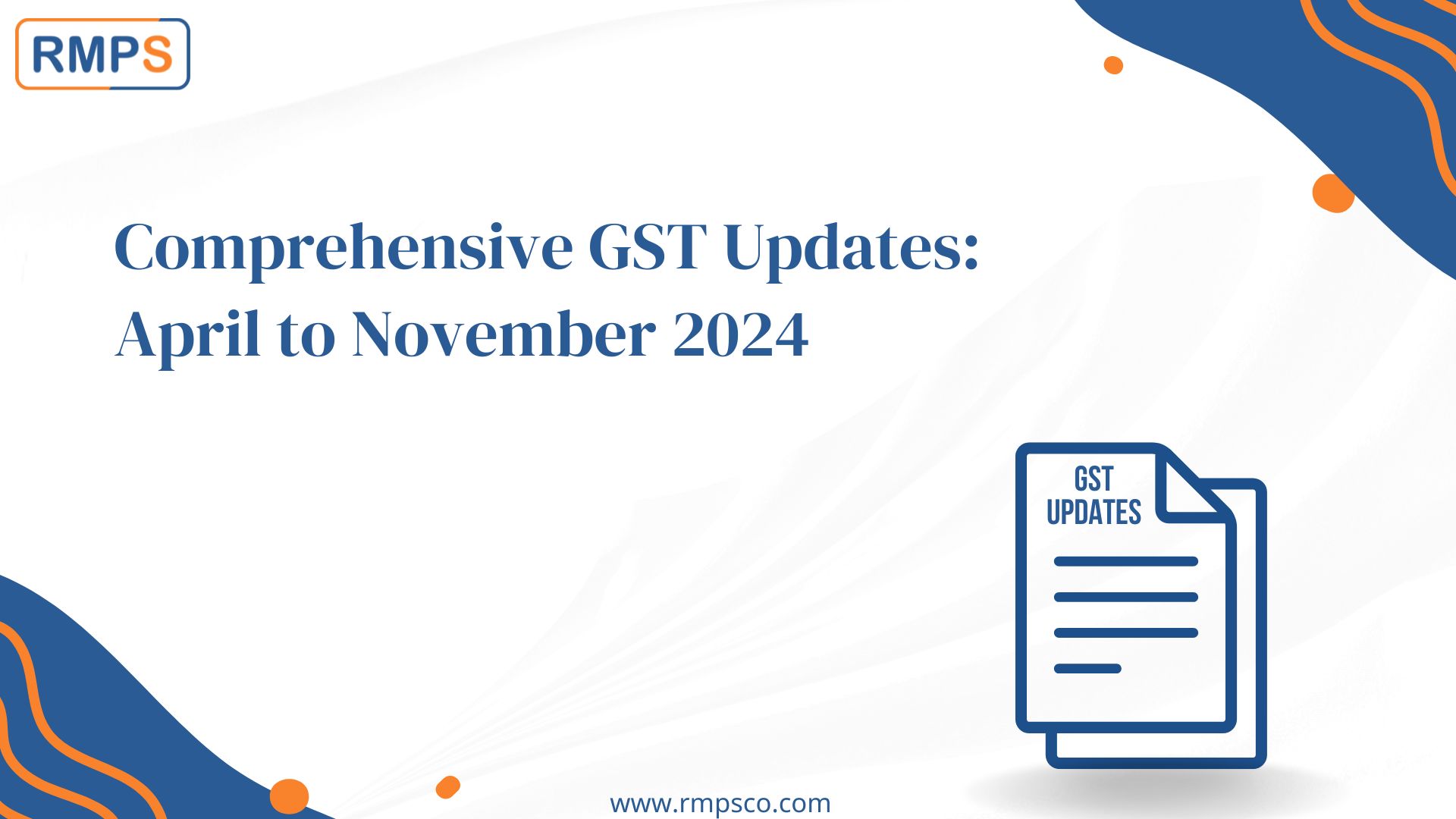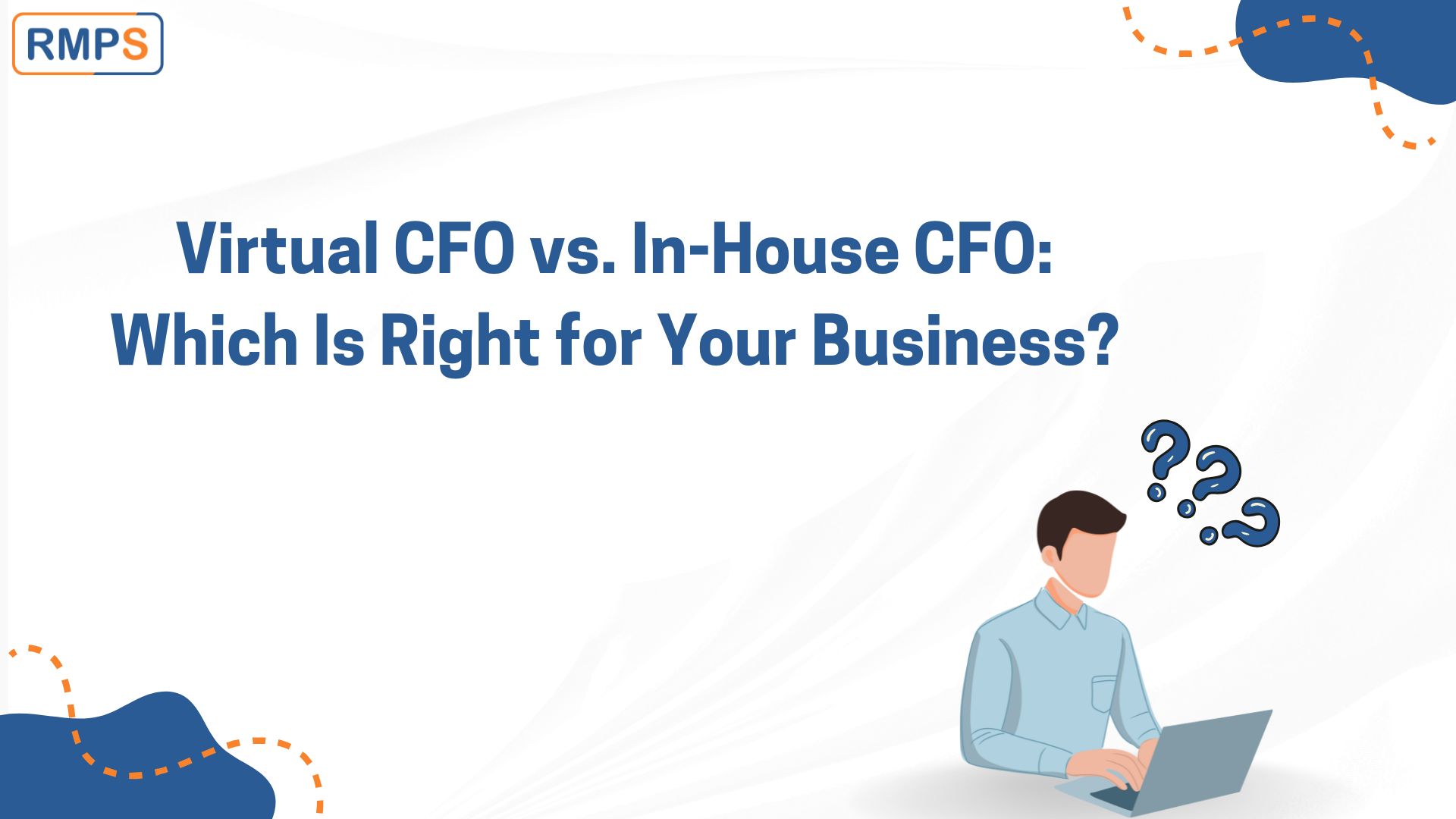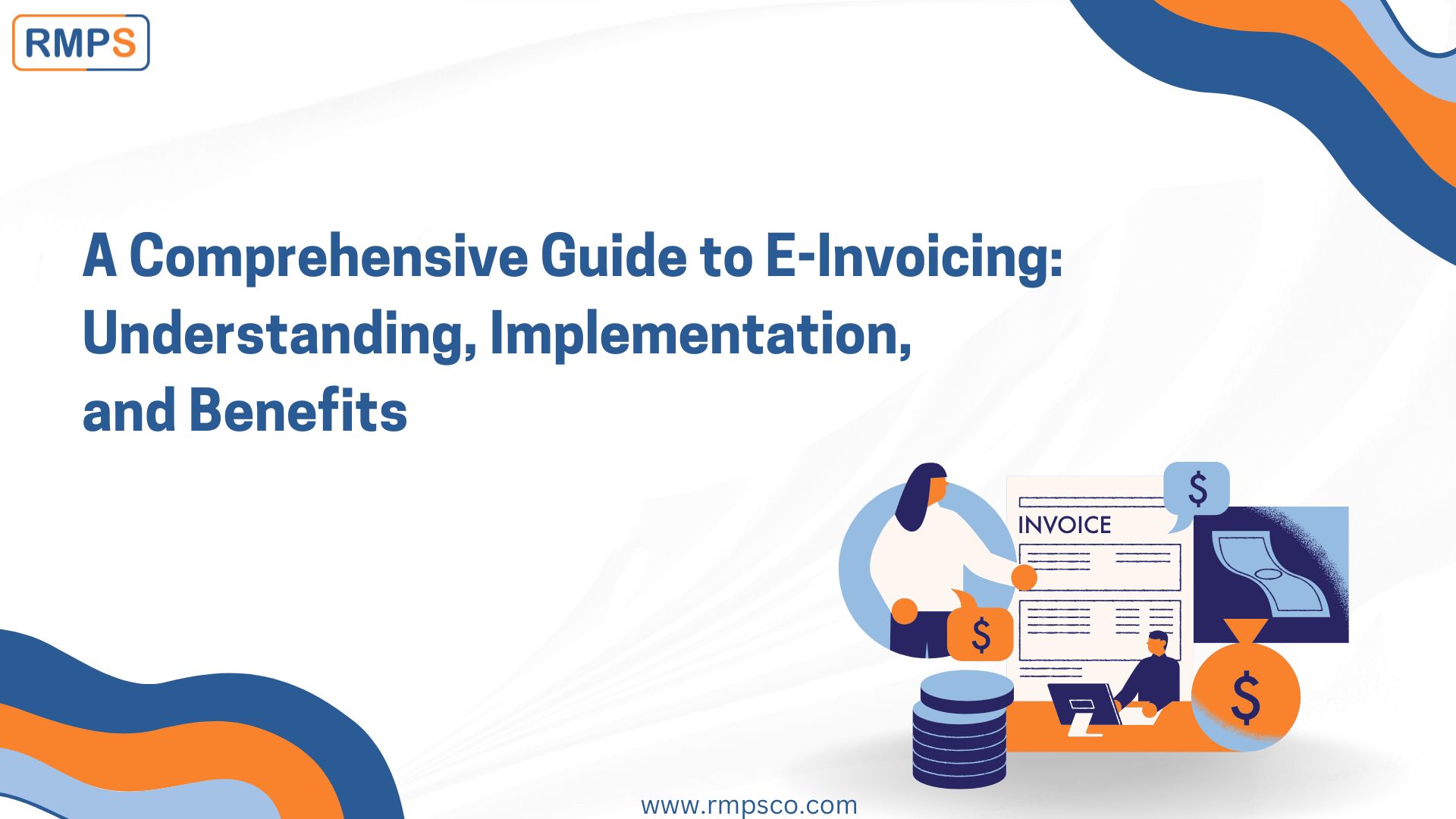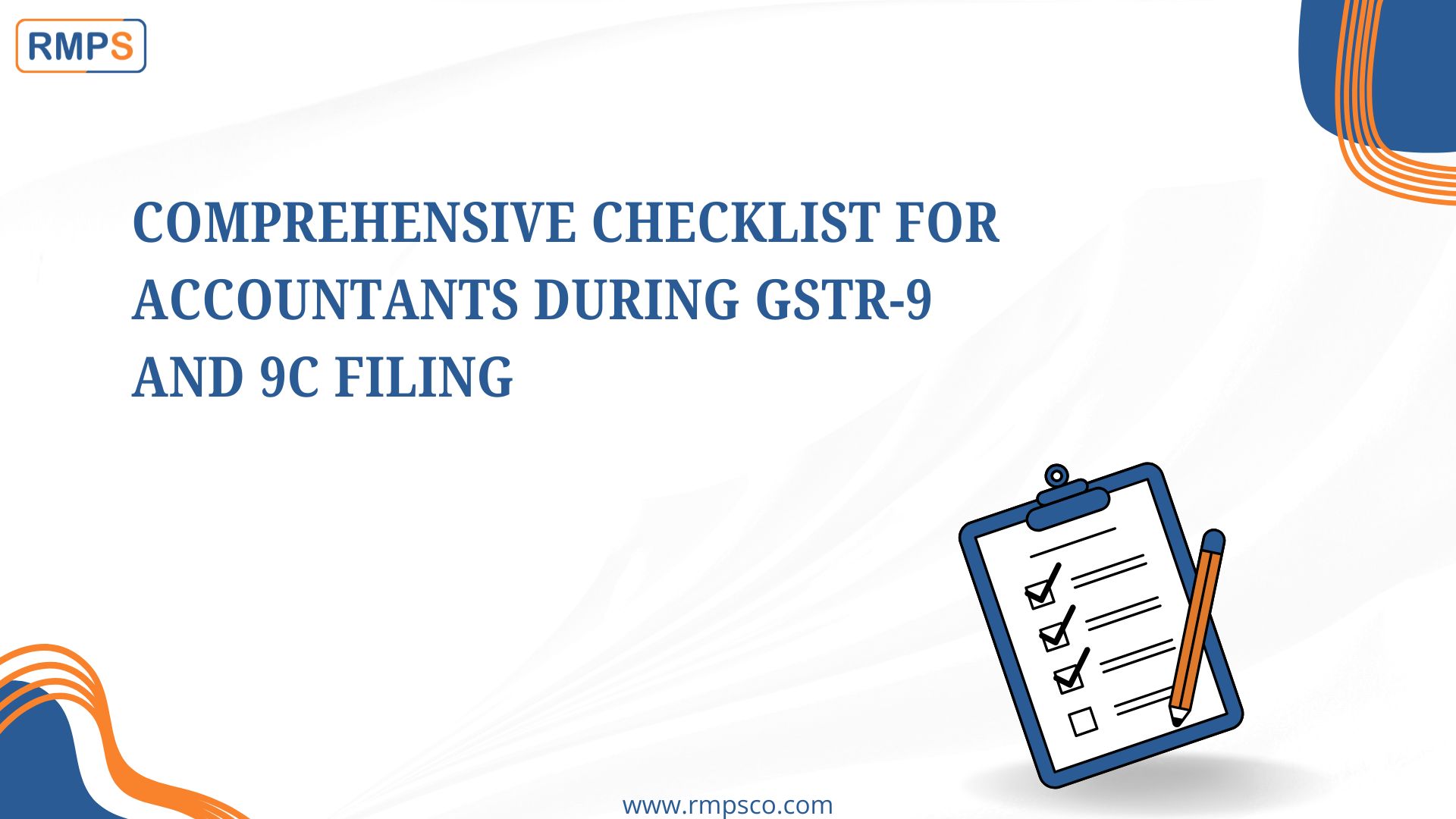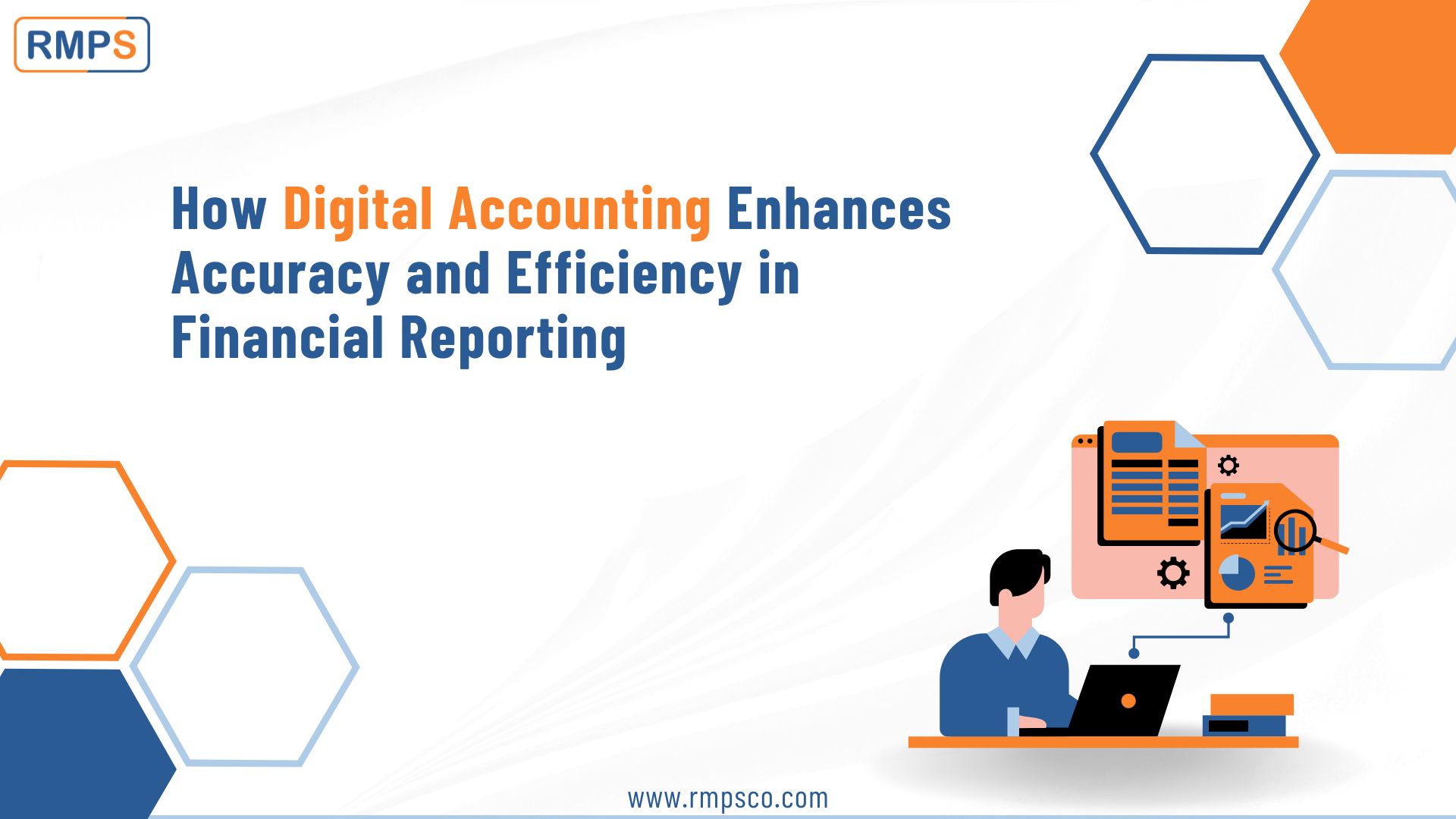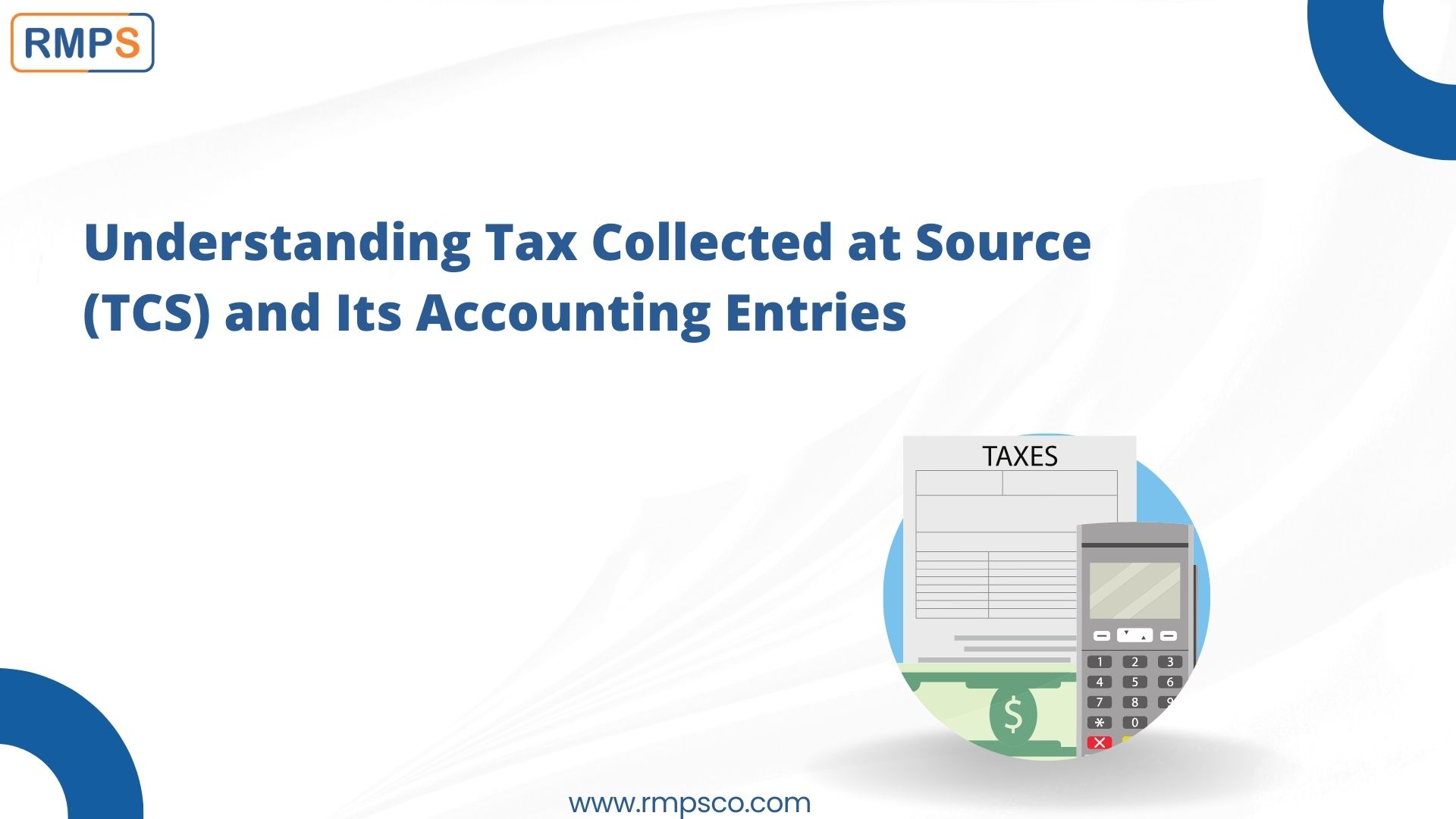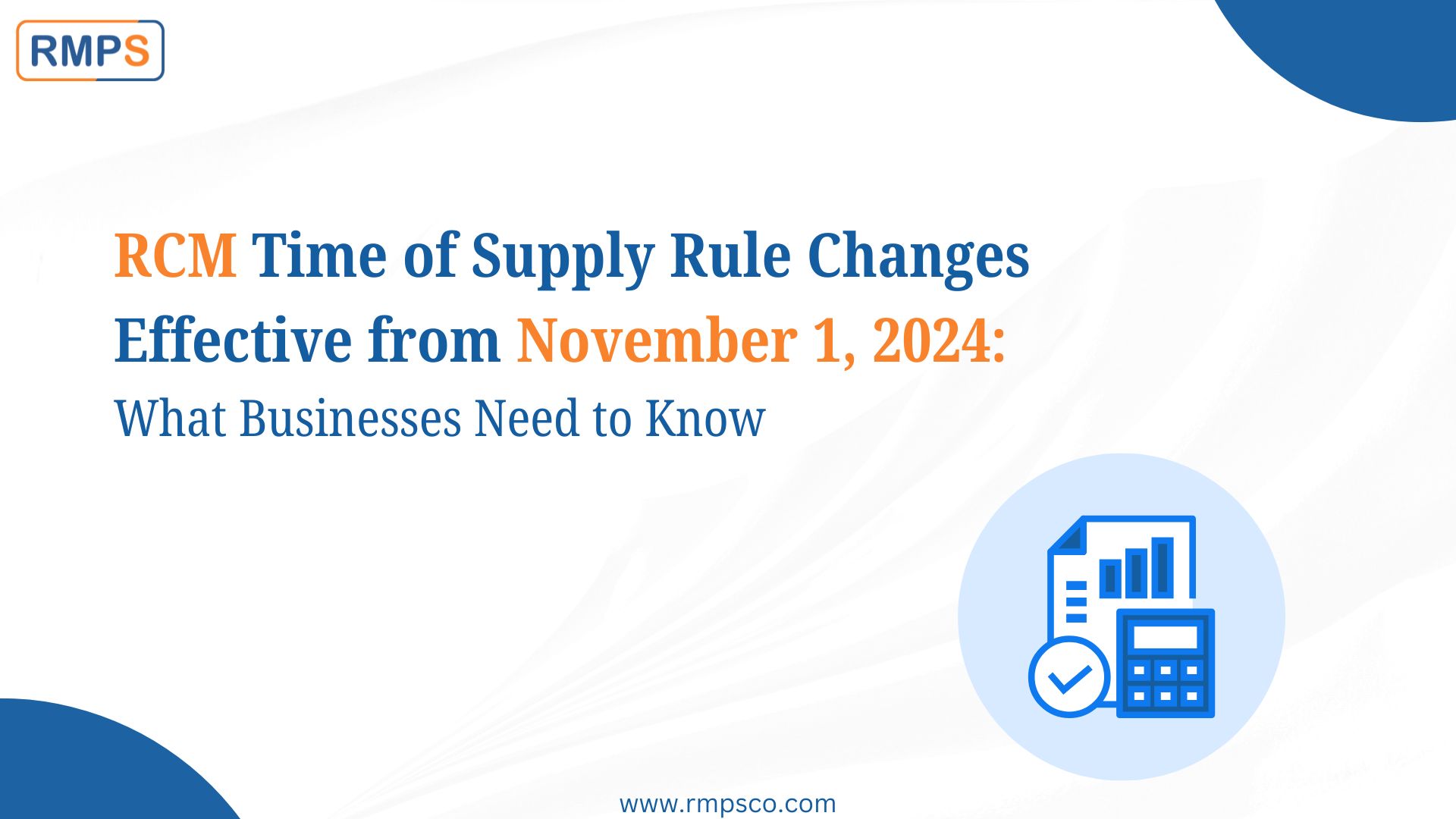Understanding the Difference Between Table 8A and 8C in GSTR-9 for FY 2023-24
The Goods and Services Tax (GST) system is always evolving, and taxpayers need to stay updated. For FY 2023-24, changes in the way Input Tax Credit (ITC) is reported in Table 8A and Table 8C of GSTR-9 have caused confusion for many businesses. This guide explains these changes and offers practical solutions to common issues. […]
Real Estate – Understanding RCM Provisions
The new GST scheme requires builders and developers, referred to as promoters, to procure at least 80% of their inputs and input services from registered suppliers (RPs). If this threshold is not met, promoters must pay GST on the shortfall under RCM at 18%. Importantly, this calculation applies project-wise rather than entity-wide. Key Notifications and […]
Top 7 Challenges in Digital Accounting and How to Overcome Them!
Digital accounting has revolutionized the way businesses manage finances, offering enhanced efficiency, accuracy, and real-time insights. However, transitioning to digital accounting is not without its challenges. Many businesses encounter roadblocks when implementing or utilizing digital solutions effectively. Understanding these challenges is the first step toward overcoming them. In this blog, we’ll explore the top 7 […]
Comprehensive GST Updates: April to November 2024
The period from April to November 2024 brought several important updates in India’s Goods and Services Tax (GST) framework. This blog consolidates major GST circulars, policy updates, system enhancements, compliance requirements, and economic indicators, ensuring businesses and taxpayers stay informed about the evolving tax landscape. GST Circulars and Notifications (April to November 2024) July 2024 […]
Virtual CFO vs. In-House CFO: Which Is Right for Your Business?
Every business, regardless of its size, needs strong financial leadership to navigate challenges, optimize growth, and maintain financial stability. But when it comes to choosing a Chief Financial Officer (CFO), the decision isn’t as straightforward. Should you hire an in-house CFO, or would a Virtual CFO be a better fit? This blog explores the key […]
A Comprehensive Guide to E-Invoicing and Tax compliance
E-invoicing has revolutionized the way businesses handle invoicing and tax compliance. This blog explains what e-invoicing is, how it works, and why it is beneficial for businesses in India. What is E-Invoicing? E-invoicing is a digital system where businesses report their invoices to an Invoice Registration Portal (IRP) for validation under GST rules. After uploading […]
Comprehensive Checklist for Accountants During GSTR-9 and 9C Filing
As the financial year concludes, the responsibility of ensuring accurate GST compliance intensifies. Filing the GST annual return (GSTR-9) and reconciliation statement (GSTR-9C) are crucial for maintaining transparency and avoiding penalties. This blog provides a comprehensive checklist for accountants to ensure seamless GST compliance, especially when filing GSTR-9 and GSTR-9C. Understanding GSTR-9 and GSTR-9C Before […]
How Digital Accounting Enhances Accuracy and Efficiency in Financial Reporting!
In the world of business finance, accuracy and efficiency are critical for success. Mistakes in financial reporting can lead to compliance issues, loss of stakeholder trust, and missed opportunities. Traditional accounting methods, which often rely on manual processes, are prone to errors and inefficiencies. Digital accounting, on the other hand, revolutionizes the financial reporting process, […]
Understanding Tax Collected at Source (TCS) and Its Accounting Entries
Introduction Tax Collected at Source (TCS) is a provision under the Income Tax Act, 1961, where the seller collects tax at the time of sale and deposits it with the government. This system ensures tax compliance, minimizes evasion, and promotes accountability. For businesses, accurate accounting of TCS is essential for both financial management and legal […]
RCM Time of Supply Rule Changes Effective from November 1, 2024: What Businesses Need to Know
The Central Board of Indirect Taxes and Customs (CBIC) has introduced critical updates to the Reverse Charge Mechanism (RCM) under the Goods and Services Tax (GST), effective from November 1, 2024. These changes aim to enhance compliance, streamline self-invoicing, and ensure accurate input tax credit (ITC) claims. Here’s a detailed breakdown of the updates and […]

